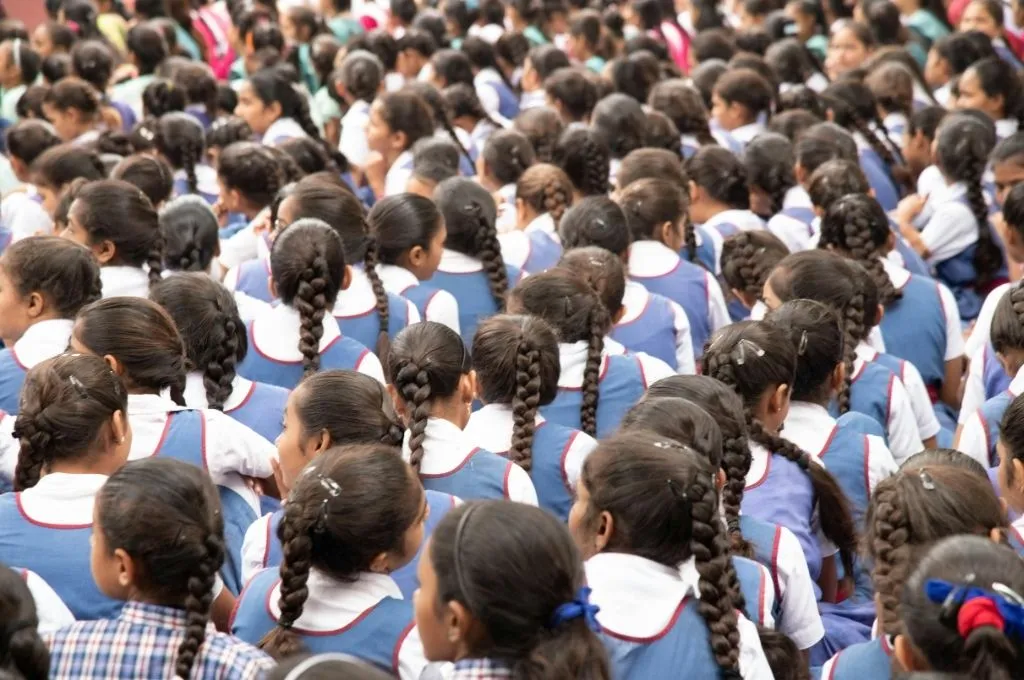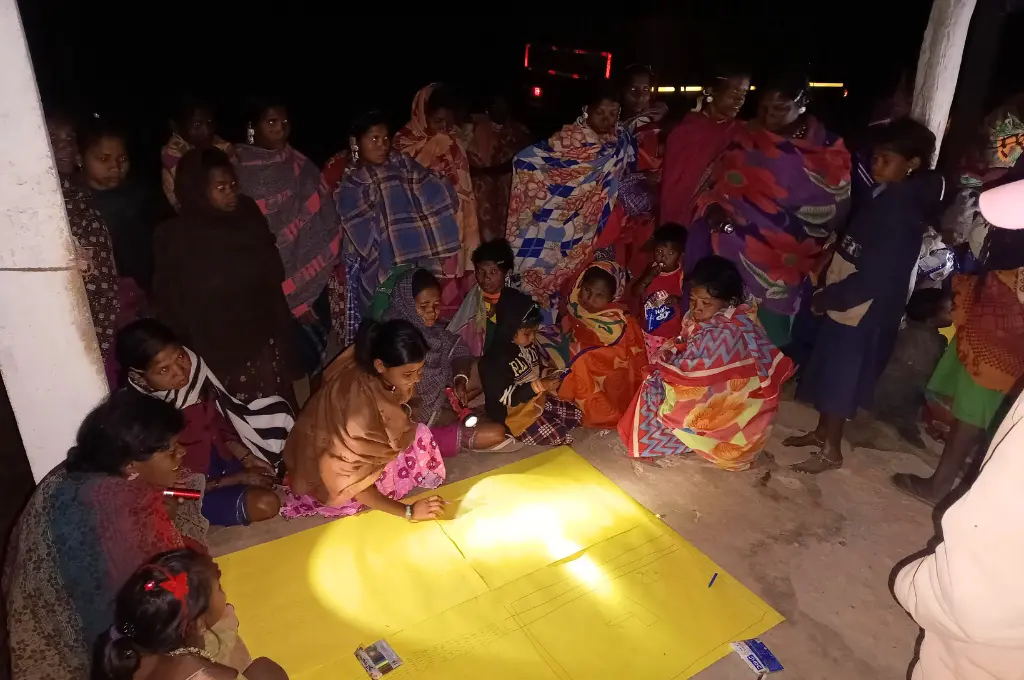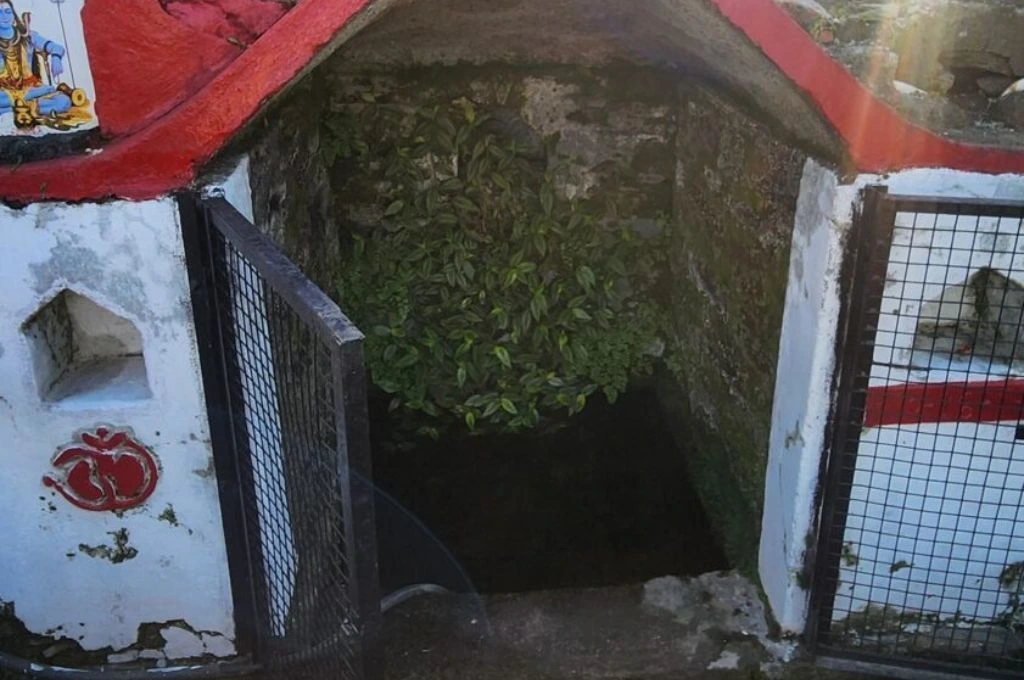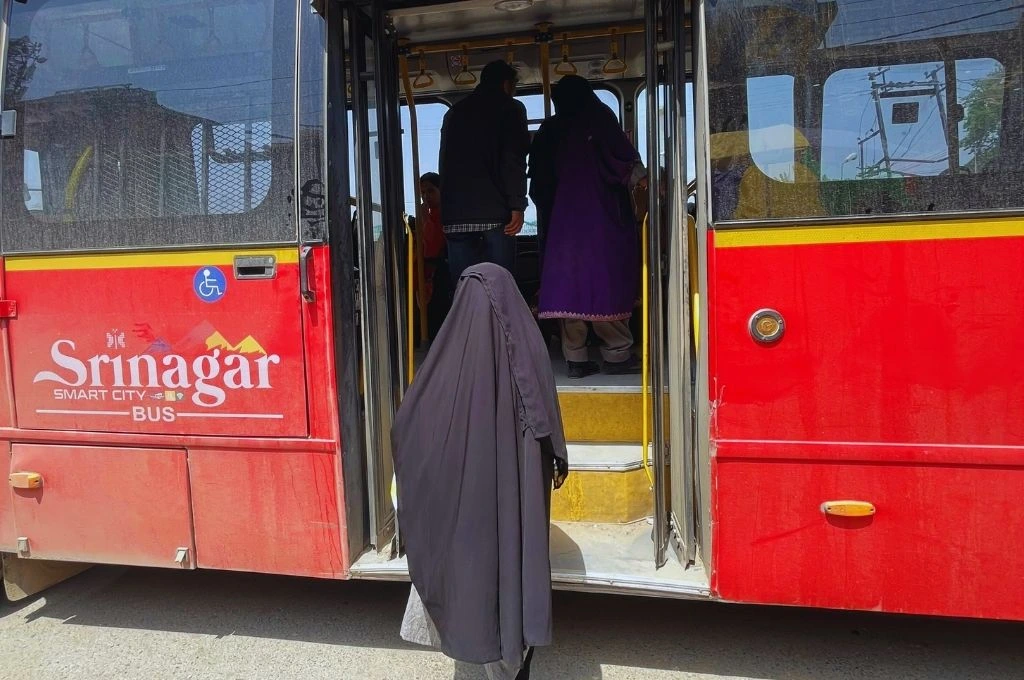READ THIS ARTICLE IN
“We will hire younger people”
Sixty-year-old Nur Jahan, a native of Siliguri in West Bengal, moved to Vikaspuri in West Delhi 22 years ago after losing her son—the only earning member of the family. She found employment in her new city as a domestic worker, which involved responsibilities ranging from washing utensils to cleaning the house and the washrooms.
There were houses where she had worked for as long as she had lived in the city. But with the COVID-19-mandated lockdowns in March 2020, things began to change. Nur Jahan was fired from work because of her age. She was not even allowed to enter the home of one of her permanent employers when she went to collect her salary for the 15-odd days she had worked in that month. “I worked there for over 20 years, but they told me not to come back because I was too old,” says Nur Jahan. According to her, old people are assumed to be more susceptible to the virus and considered easy spreaders.
When she looked for work elsewhere, she was offered a meagre INR 1,500, with no room for negotiations, because there were other, possibly younger, people available for the same job. Nur Jahan has been out of work for nearly two years now.
Shila, another person who works as a domestic worker in the Sarita Vihar area of Delhi’s South East district, was also asked not to come back to work by her long-term employers as soon as the lockdown started. She says, “They told me you are old; you will contract COVID-19 and stop coming for work.” Even after things went back to normal, Shila was not taken back, unlike the cook, who had worked with her and was younger. Shila found work in one of the apartments in Sarita Vihar but was fired on the very first day because she had coughed.
As told to IDR.
Nur Jahan works as a domestic worker in West Delhi; she is also a part of Delhi Shramik Sangathan, a federation of worker unions. Shila works as a domestic worker in South East Delhi.
—
Know more: Learn what must be done to secure the rights of domestic workers in India.



